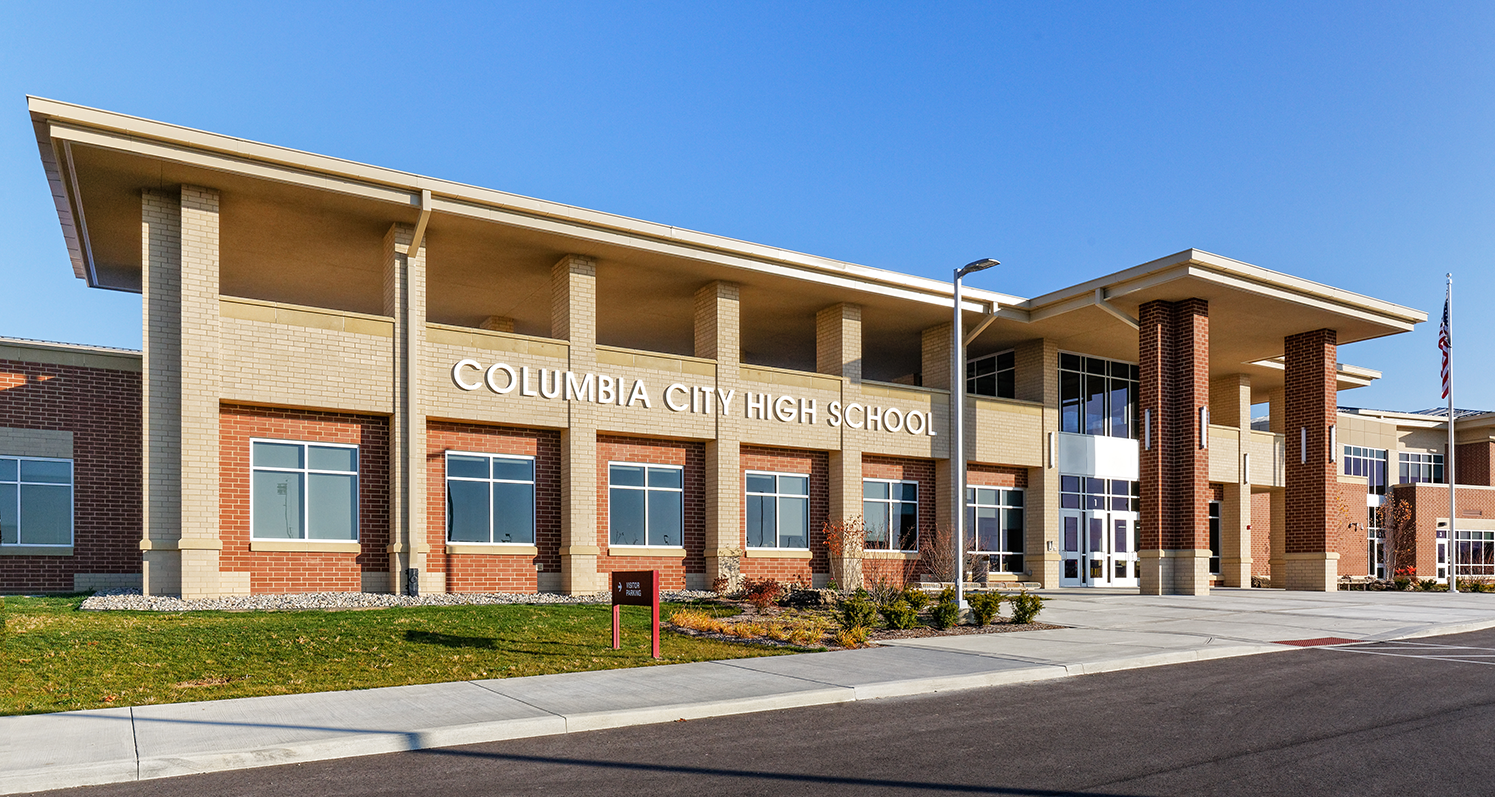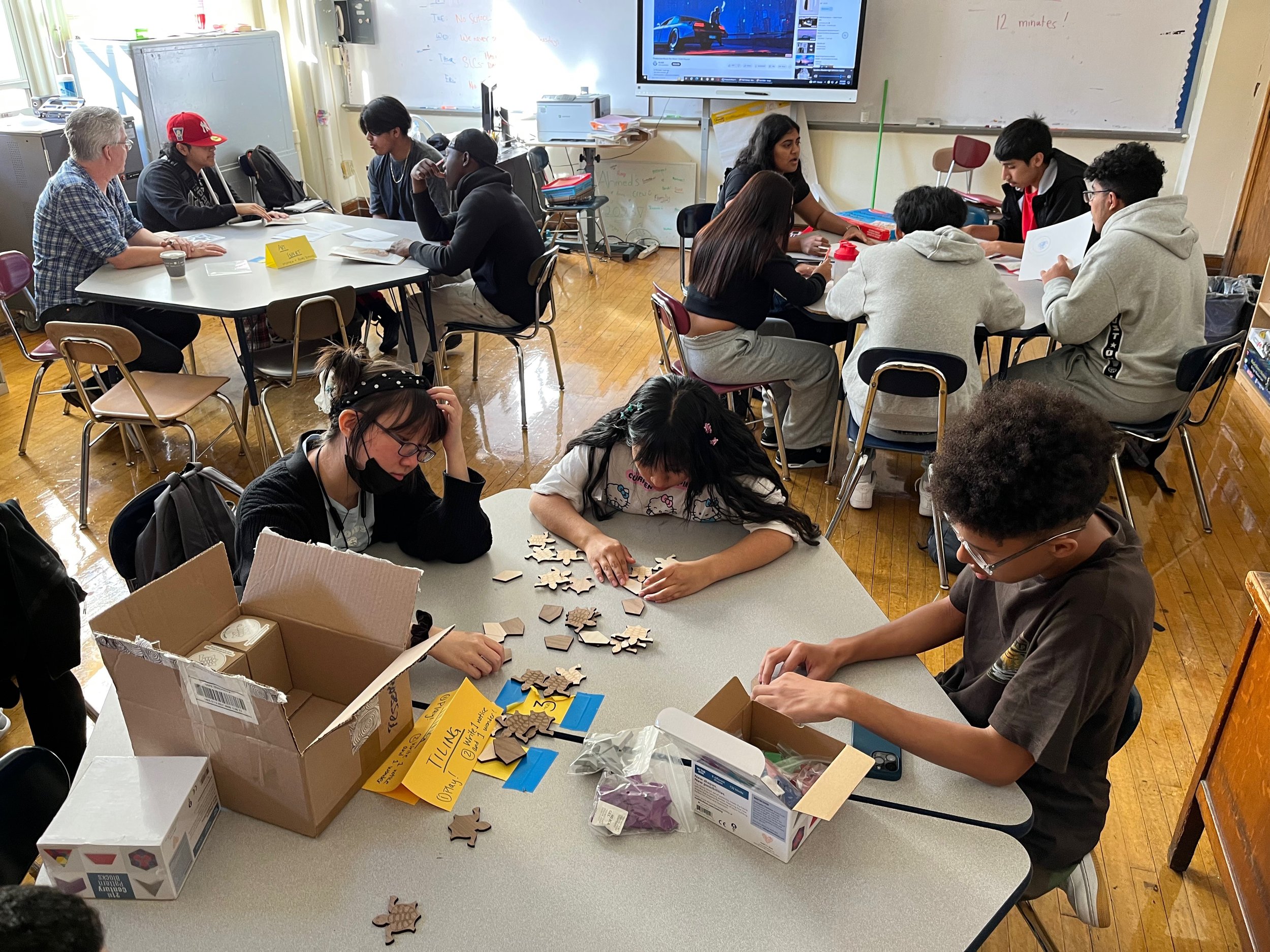Cutting-edge Solutions to Save Temecula Schools from Budget Cuts
Cutting-edge Solutions to Save Temecula Schools from Budget Cuts
Blog Article
Just How Schools Play a Critical Duty in Shaping Future Leaders and Innovators
Colleges contribute fit future leaders and innovators via the growing of vital reasoning, imagination, and collaboration. By integrating project-based understanding and interdisciplinary research studies, educational establishments test trainees to analyze and manufacture complex info. Teachers work as mentors, guiding trainees and supporting their capacity, while after-school activities further develop management skills and durability. This vibrant environment not just concentrates on individual toughness however likewise emphasizes the value of synergy, essential for navigating tomorrow's difficulties. Just how specifically do these components interplay to create a robust foundation for future success?
Fostering Crucial Thinking
In today's swiftly advancing world, promoting vital assuming within universities has ended up being extremely important. As culture comes to grips with progressively complex worldwide difficulties, the capability to examine, evaluate, and manufacture information is important. Schools play a critical duty in creating these skills, preparing trainees to browse and deal with multifaceted issues with educated, reasoned choices.
To grow essential thinking, instructors use different pedagogical strategies that urge active learning and intellectual involvement. Class discussions, problem-based understanding, and Socratic examining contribute in advertising reflective and analytical mind. By testing pupils to interrogate presumptions and consider several perspectives, these methods make certain a much deeper understanding of subject beyond rote memorization.
In addition, incorporating important believing across the curriculum strengthens its relevance and applicability in varied contexts. Subjects such as maths, scientific research, background, and literature each deal one-of-a-kind opportunities to develop trainees' critical faculties. For instance, assessing historical occasions needs examining sources and understanding context, while clinical questions needs strenuous hypothesis screening and evidence-based reasoning.
Eventually, instilling crucial believing skills in trainees outfits them with the cognitive devices needed for lifelong understanding and adaptability. It is through this fundamental proficiency that future leaders will be able to introduce, fix problems, and add meaningfully to society.
Urging Imagination
Welcoming creativity within academic frameworks galvanizes students to assume past traditional borders and check out ingenious services. By integrating creative undertakings and creative thinking exercises right into the educational program, institutions grow an atmosphere where originality and creative idea are valued. This technique not just enhances the educational experience however likewise furnishes pupils with the ability to take on real-world difficulties in novel means.
Educational establishments can foster imagination via diverse means such as project-based discovering, interdisciplinary studies, and the consolidation of arts and modern technology. Project-based discovering, for circumstances, encourages students to apply their expertise in practical, commonly collective, tasks that demand inventive problem-solving abilities. Interdisciplinary studies allow pupils to attract links between various subjects, therefore widening their viewpoints and improving their innovative abilities.
Moreover, giving students with opportunities to engage with arising technologies, such as coding and digital design, even more supports their innovative potential. These tasks motivate students to experiment, fall short, and iterate, which are crucial parts of the innovative process (Save Temecula Schools). By maintaining an encouraging environment where experimentation is motivated, schools can ensure that trainees develop the self-confidence to pursue innovative ideas
Essentially, nurturing creative thinking in instructional settings is indispensable for forming future leaders and pioneers with the ability of resolving complex global problems with resourcefulness.
Promoting Collaboration

Applying group-based knowing modules and cooperative jobs allows students to experience the characteristics of team effort firsthand. This not just prepares them for the collaborative nature of modern-day workplaces but also nurtures management top qualities as they commonly need to take on roles such as task managers or team organizers. In addition, collaboration in the classroom can break down social obstacles and advertise inclusivity, guaranteeing that each trainee really feels valued and heard.
Moreover, integrating innovation can additionally sustain collective efforts. Tools like common digital work spaces and interactive platforms make it possible for students to interact effectively, even outside the classroom. As students develop these collective abilities, they are better furnished to deal with intricate obstacles and innovate, laying the groundwork for their future roles as innovators and leaders.
Role of Teachers as Advisors

Mentorship involves personalized interest, where instructors recognize and support specific strengths and address weak points. Save Temecula Schools. Through individually communications, educators can customize their suggestions and support to meet each student's distinct needs, promoting a sense of self-confidence and strength. This tailored strategy grows a development way of thinking, encouraging trainees to check out failures as chances for learning and development
Furthermore, educators function as good example, showing the values of honesty, willpower, and empathy. Their mindsets and actions provide a blueprint for trainees to mimic, instilling a feeling of moral duty and social understanding. By producing a helpful and inclusive class atmosphere, educators make it possible for trainees to establish social abilities that are vital for efficient management.
Basically, the mentorship supplied by educators lays a fundamental try these out structure for the development of future leaders, equipping them with the understanding, skills, and worths needed to master an ever-evolving globe.
Influence of Extracurricular Activities
When incorporated effectively right into the instructional structure, extracurricular tasks substantially boost student growth and leadership possibility. These activities provide pupils with opportunities to check out interests past the traditional curriculum, cultivating a well-rounded ability. Clubs, sporting activities teams, and arts programs cultivate essential top qualities such as synergy, time management, and resilience. Engagement in these tasks typically requires trainees to take on obligations, thus supporting their leadership abilities.
Trainees involved in discussion, music, or dramatization clubs discover to believe seriously and approach problems from varied point of views. By teaming up with peers from various histories, pupils likewise establish empathy and interaction skills, crucial attributes for future leaders.
Research study indicates that trainees included in such programs have a tendency to have greater grades and far better presence records. Therefore, schools that focus on a balanced approach to education and learning, integrating durable extracurricular programs, are a lot more most likely to produce trendsetters and leaders outfitted to satisfy the obstacles of the future.

Verdict
Finally, colleges considerably form future leaders and pioneers by nurturing crucial reasoning, creativity, and partnership among pupils. Involving pedagogical techniques such as project-based understanding and interdisciplinary research studies play a vital duty in this development. Teachers, working as coaches, provide vital support and support, while after-school activities further improve management potential and strength. By fostering an encouraging setting that values specific strengths and teamwork, colleges gear up students with the essential abilities to navigate future difficulties and drive development.
As students create these joint skills, they are better equipped to take on complex difficulties check my site and innovate, laying the groundwork for their future duties as leaders and trendsetters.
By cultivating essential reasoning and problem-solving skills, teachers help students navigate intricate difficulties, preparing them for management duties in different fields.
By working together with peers from different backgrounds, students likewise create empathy and interaction abilities, essential characteristics for future leaders.
In conclusion, institutions considerably form future leaders and pioneers by supporting important thinking, imagination, and collaboration amongst pupils. By cultivating a helpful environment that values specific toughness and team effort, colleges furnish students with the necessary abilities to navigate future difficulties and drive technology.
Report this page